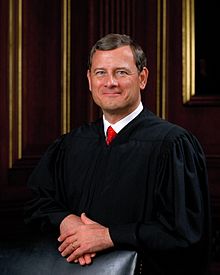The Future of Digital Privacy

The debate on digital privacy has been going on for some time now. After Congress signed the PATRIOT Act into United States law, many activists took the streets at the turn of the century to rebel against this “intruding piece of legislation.” The PATRIOT Act was implemented by the Bush administration in response to the dreaded 9/11 attacks. In short, it provides federal officials greater authority in tracking and intercepting communications, both for purposes of law enforcement and foreign intelligence gathering.

In recent years, however, this question of privacy has not been something that the media covers regularly. Instead, the media has been heavily focusing on social issues outside of the digital realm.
Then came the incarceration of Timothy Ivory Carpenter after his digital location was searched without a search warrant. This sparked mass controversy in the media. It brought the right of local authorities to search and seize digital information without search warrants into question. More importantly, it made justices question whether the Constitution was going to be adjusted to suit the present climate or stay intact with its original interpretation. The case brought to the Supreme Court on November 29th, 2017 concerned the privacy of cell phone location records. The decision, released on June 22nd, 2018, was a 5-4 ruling in favor of Carpenter. The implications of this decision will affect the 400 million devices in the US. It is now illegal for the state to have unrestricted access to cell phone location records from service providers. Those who sided with the majority were generally liberal justices, mainly arguing that “the Constitution must take account of vast technological changes.” The minority, however, being generally conservative, argued that “the decision guarantees a blizzard of litigation while threatening many legitimate and valuable investigative practices upon which law enforcement has rightfully come to rely.” Due to this landmark case, the PATRIOT act is now a mainstream topic of discussion. The question of whether the act should have been deemed unconstitutional from the precedence of Carpenter v. the United States is also a concern.
The topic of modern constitutional changes has also been discussed heavily in recent weeks, especially the subject of gun control. If something as major as this has been actively passed by the Supreme Court, it may provide other forms of precedence when it comes to other issues brought to the Supreme Court.
Even though Carpenter’s case was the cause of such changes to the law, he is still serving his 116-year sentence for the series of armed robberies in the Detroit area.






